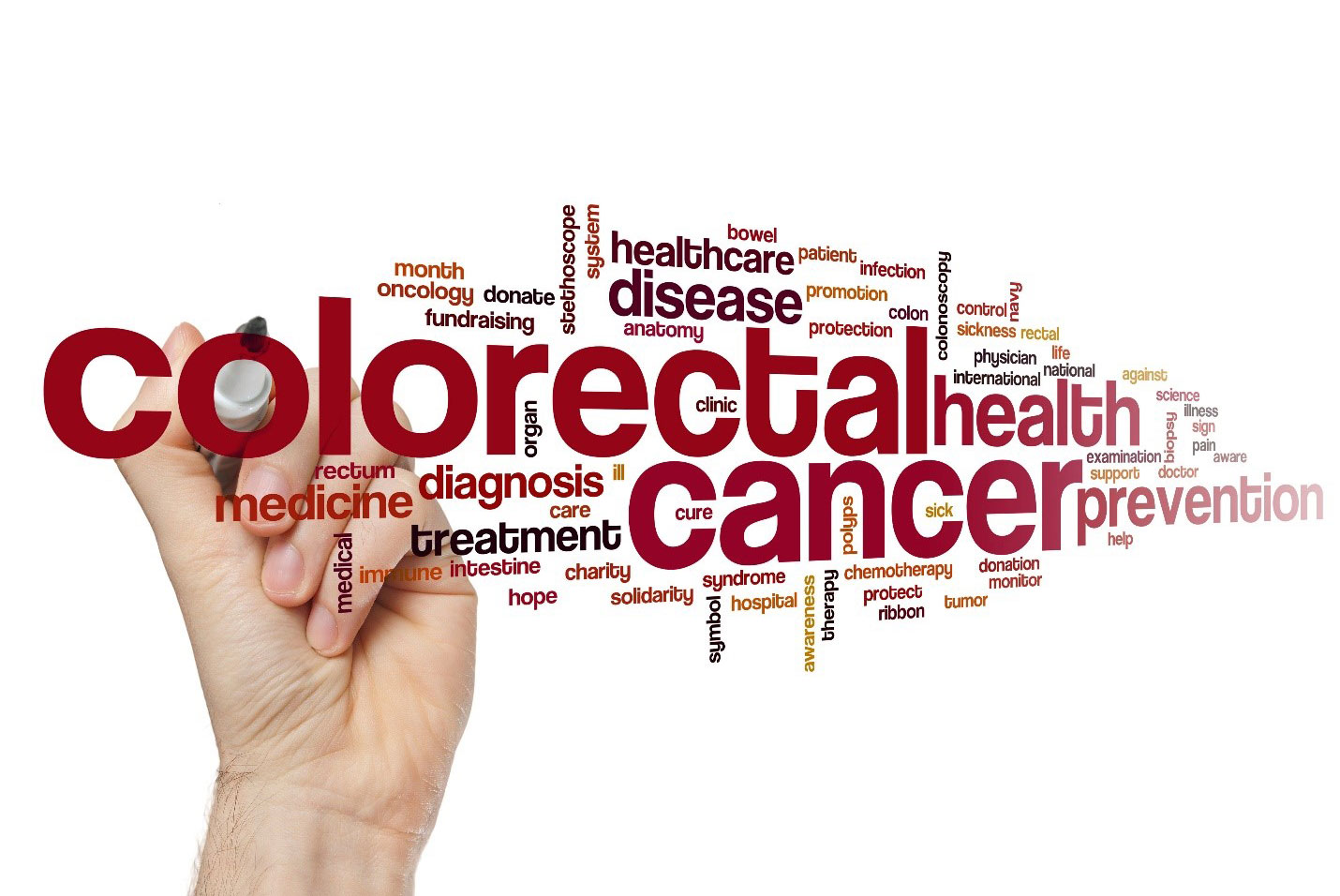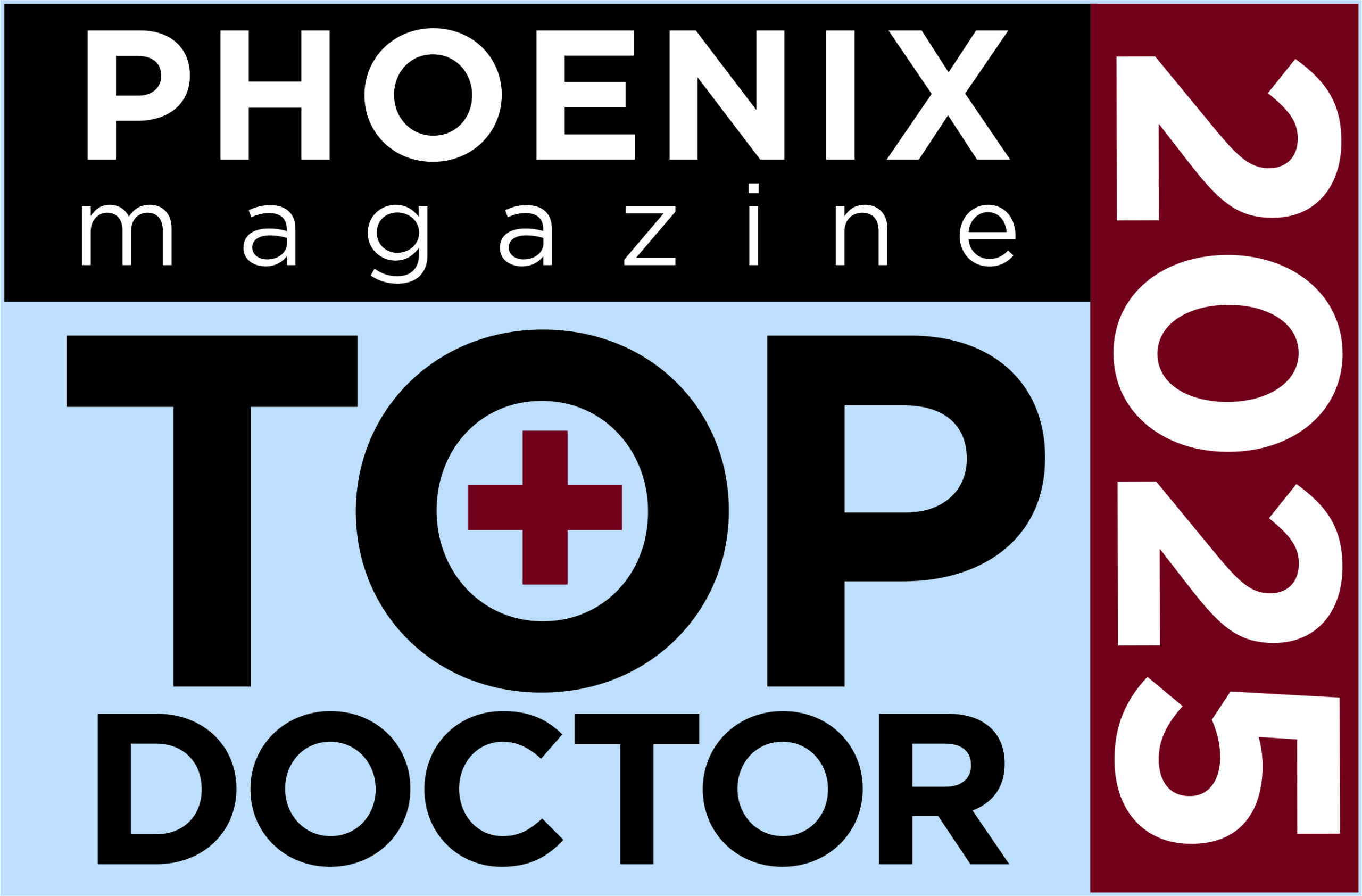Conditions And Treatments
Home / Areas Of Specialty / Colon Cancer Facts
Colon Cancer Facts
What is Colon and what does it do?
The colon is a digestive organ in the body. It is also known as large intestine. Digestion of food goes through different phases and organs. Its initially gets broken down in the stomach and then the small intestine absorbs most of the nutrients. Left over stuff moves into the colon where bacteria break down the remaining food. It absorbs water and certain nutrients and converts it into stool. Healthy eating is good for your overall health, but having a low-calorie, high-fiber diet that includes mostly fruits and vegetables is important to a healthy colon. Exercise and healthy habits like avoiding excess alcohol and smoking is also important to good colon health.
What Can I do to reduce the risk of Colorectal cancer?
You can reduce the colon cancer risk by diet and lifestyle modifications. Diet high in fruits, vegetables and low fat helps reduce the risk. Also exercise on a regular basis helps protect against colon cancer. There have been some studies that increased consumption of red meat also increases the risk of colorectal cancer. Getting a regular screening for colon cancer with colonoscopy, stool tests, virtual colonoscopy helps in early detection.

Is Colorectal cancer curable?
Colorectal cancer can be curable with 90% good prognosis if it can be detected early. But majority of patients come to see doctor when disease is in advanced stage which means it has spread beyond the wall of colon and rectum or has distant metastasis. This is why screening for colon cancer helps prevent and detect cancers at an early stage when they are not causing symptoms.
I have no symptoms, then why do I need Screening?
In fact, screening for colon cancer is done only for asymptomatic individuals after the age of 45. If you have a family history of colorectal cancer, then you may need screening before the age of 45. Also, if women have family history of endometrial, ovarian, thyroid, kidney or breast cancer should get early screening. Please discuss with your colorectal surgeon regarding the screening age and modality.

I don’t have any family history of colon cancer. Do I still need a colon screening?
Majority of colorectal cancer develop in individuals who have no family history of cancer in their family. Certainly, all the socities recommend screening for everyone above the age of 45.
Are younger people affected with colon cancer and do insurance companies cover the screening?
Colorectal cancer is a second leading cause of death in this country. Recently incidence of colon cancer has been rising in younger population. You should not ignore any rectal bleeding or change in bowel habit symptoms. Almost all the insurance companies do cover screening colonoscopy after the age of 45.
I have heard bad things about colonoscopy and is it a difficult procedure?
Colonoscopy procedure itself does not cause pain. Patients require sedation for this procedure. Now a days most places use CO2 (carbon dioxide) to insufflate the colon which causes early absorption and least post procedure bloating and discomfort. Colonoscopy is a safe procedure as performed by experienced physicians. Most important step is to clean the bowel before the procedures. There are different cleaning medication options are available and please discuss this with your colorectal surgeon.
Does every polyp eventually form a cancer?
Colonoscopy is the only screening modality available which can remove the colon polyps at the same time. Pathologist will check these polyps and will give the detail reports on the types in few days. There are certain kind of polyps as adenomatous polyps which increase the risk of colorectal cancer and eventually progress to cancer formation. Moreover, hyperplastic type of polyps do not increase colorectal cancer risk and are usually benign and harmless. If these polyps are large or become cancerous then they will need a surgical resection. You should see a colorectal surgeon in that scenario for further cure and treatment.
For more information please check the following links:
Colon Cancer Facts | Colon Cancer Coalition
Basic Information About Colorectal Cancer | CDC

